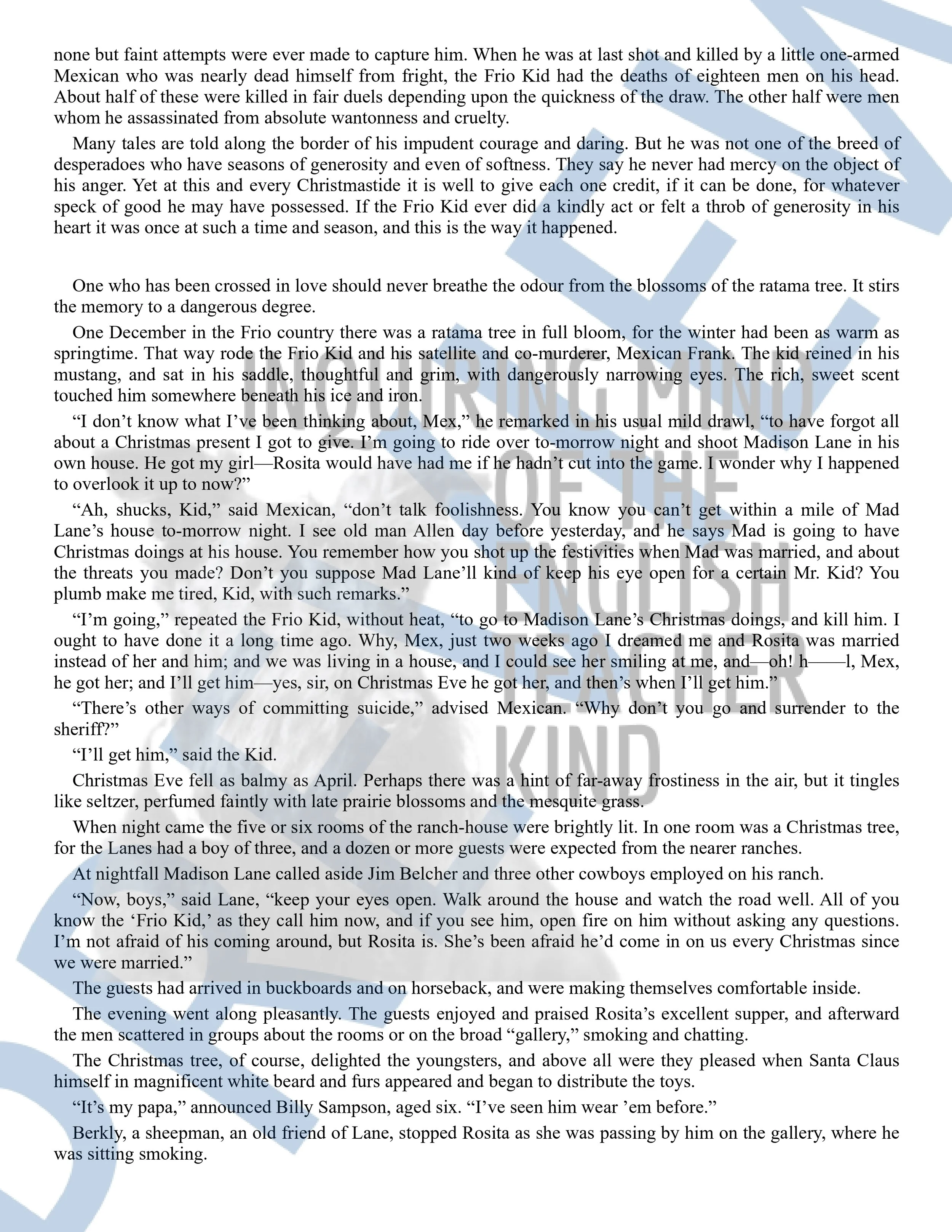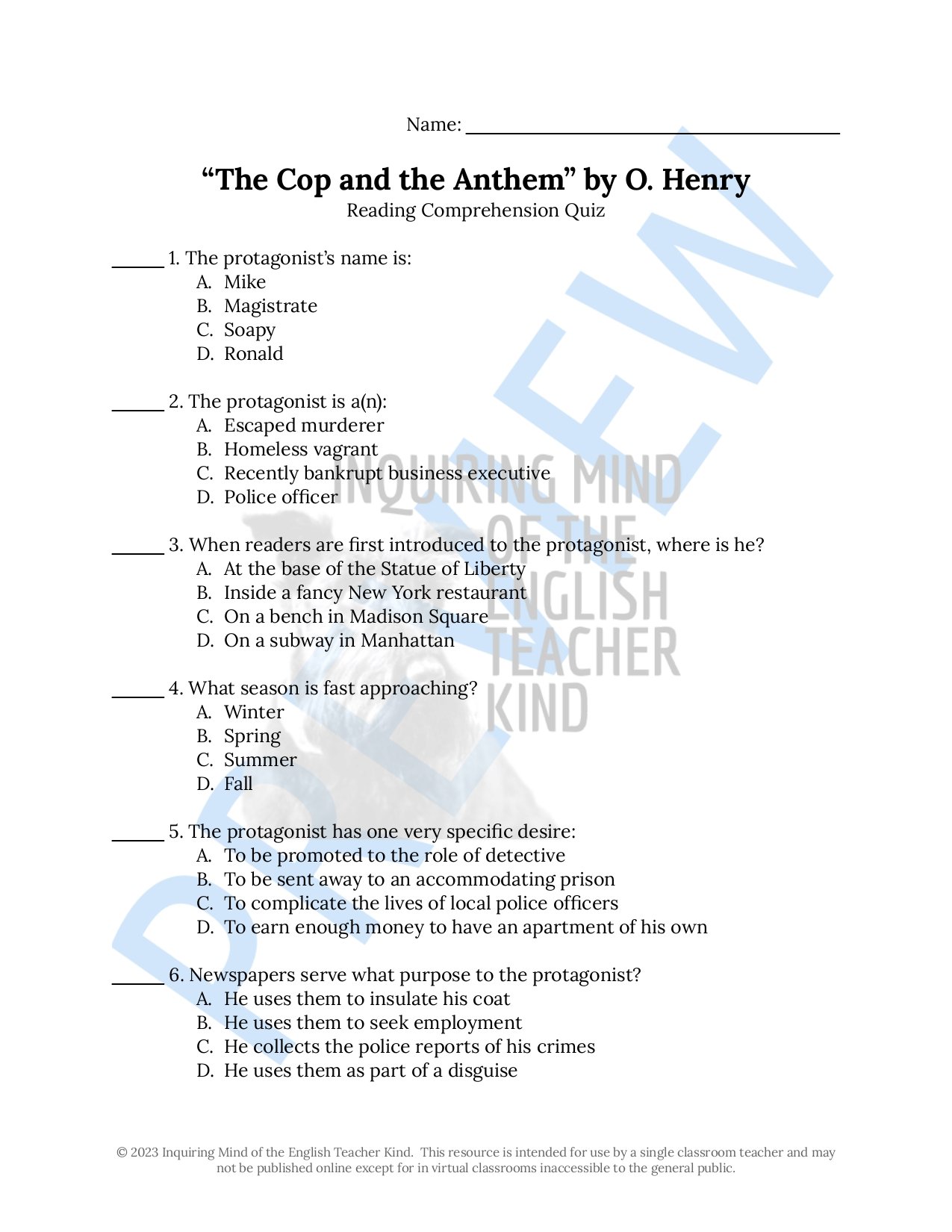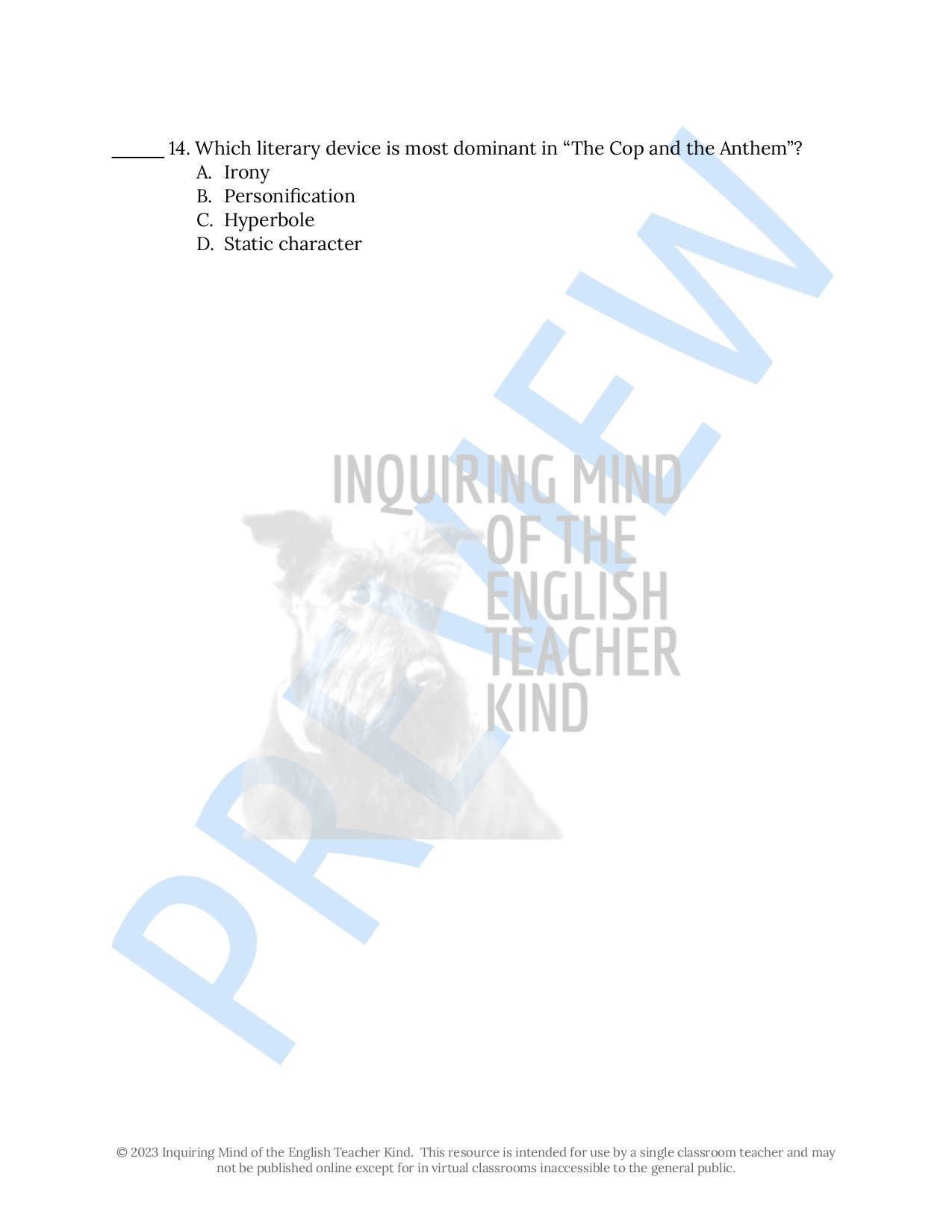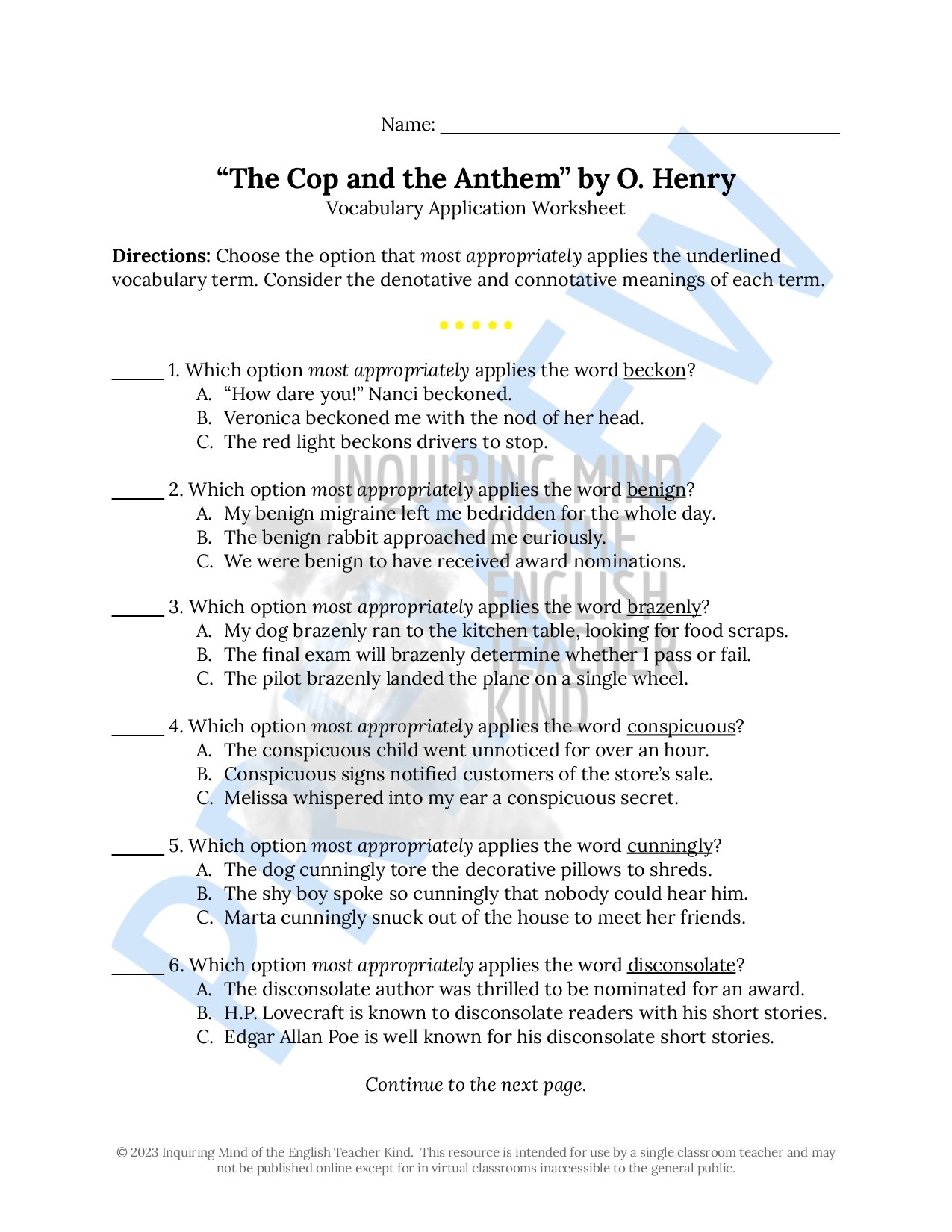 Image 1 of 81
Image 1 of 81

 Image 2 of 81
Image 2 of 81

 Image 3 of 81
Image 3 of 81

 Image 4 of 81
Image 4 of 81

 Image 5 of 81
Image 5 of 81

 Image 6 of 81
Image 6 of 81

 Image 7 of 81
Image 7 of 81

 Image 8 of 81
Image 8 of 81

 Image 9 of 81
Image 9 of 81

 Image 10 of 81
Image 10 of 81

 Image 11 of 81
Image 11 of 81

 Image 12 of 81
Image 12 of 81

 Image 13 of 81
Image 13 of 81

 Image 14 of 81
Image 14 of 81

 Image 15 of 81
Image 15 of 81

 Image 16 of 81
Image 16 of 81

 Image 17 of 81
Image 17 of 81

 Image 18 of 81
Image 18 of 81

 Image 19 of 81
Image 19 of 81

 Image 20 of 81
Image 20 of 81

 Image 21 of 81
Image 21 of 81

 Image 22 of 81
Image 22 of 81

 Image 23 of 81
Image 23 of 81

 Image 24 of 81
Image 24 of 81

 Image 25 of 81
Image 25 of 81

 Image 26 of 81
Image 26 of 81

 Image 27 of 81
Image 27 of 81

 Image 28 of 81
Image 28 of 81

 Image 29 of 81
Image 29 of 81

 Image 30 of 81
Image 30 of 81

 Image 31 of 81
Image 31 of 81

 Image 32 of 81
Image 32 of 81

 Image 33 of 81
Image 33 of 81

 Image 34 of 81
Image 34 of 81

 Image 35 of 81
Image 35 of 81

 Image 36 of 81
Image 36 of 81

 Image 37 of 81
Image 37 of 81

 Image 38 of 81
Image 38 of 81

 Image 39 of 81
Image 39 of 81

 Image 40 of 81
Image 40 of 81

 Image 41 of 81
Image 41 of 81

 Image 42 of 81
Image 42 of 81

 Image 43 of 81
Image 43 of 81

 Image 44 of 81
Image 44 of 81

 Image 45 of 81
Image 45 of 81

 Image 46 of 81
Image 46 of 81

 Image 47 of 81
Image 47 of 81

 Image 48 of 81
Image 48 of 81

 Image 49 of 81
Image 49 of 81

 Image 50 of 81
Image 50 of 81

 Image 51 of 81
Image 51 of 81

 Image 52 of 81
Image 52 of 81

 Image 53 of 81
Image 53 of 81

 Image 54 of 81
Image 54 of 81

 Image 55 of 81
Image 55 of 81

 Image 56 of 81
Image 56 of 81

 Image 57 of 81
Image 57 of 81

 Image 58 of 81
Image 58 of 81

 Image 59 of 81
Image 59 of 81

 Image 60 of 81
Image 60 of 81

 Image 61 of 81
Image 61 of 81

 Image 62 of 81
Image 62 of 81

 Image 63 of 81
Image 63 of 81

 Image 64 of 81
Image 64 of 81

 Image 65 of 81
Image 65 of 81

 Image 66 of 81
Image 66 of 81

 Image 67 of 81
Image 67 of 81

 Image 68 of 81
Image 68 of 81

 Image 69 of 81
Image 69 of 81

 Image 70 of 81
Image 70 of 81

 Image 71 of 81
Image 71 of 81

 Image 72 of 81
Image 72 of 81

 Image 73 of 81
Image 73 of 81

 Image 74 of 81
Image 74 of 81

 Image 75 of 81
Image 75 of 81

 Image 76 of 81
Image 76 of 81

 Image 77 of 81
Image 77 of 81

 Image 78 of 81
Image 78 of 81

 Image 79 of 81
Image 79 of 81

 Image 80 of 81
Image 80 of 81

 Image 81 of 81
Image 81 of 81


















































































Christmas Short Story Unit for High School ELA | Holiday Literature Bundle
Evaluate reading comprehension, support critical thinking, and embrace the spirit of Christmas and wintertime no matter the time of year with this bundle of plot-based quizzes, close reading analysis worksheets, vocabulary development exercises, and an end-of-unit test for six holiday-themed short stories: "A Christmas Memory" by Truman Capote, "The Gift of the Magi" by O. Henry, "The Burglar's Christmas" by Willa Cather, "At Christmas Time" by Anton Chekhov, "Three Wise Guys" by Sandra Cisneros, and "The Heavenly Christmas Tree" by Fyodor Dostoevsky. Answer keys are provided. Materials are delivered in editable Word Document and printable PDF formats. (Alternatively, a Google Drive bundle option is available.) By engaging with these activities, students will:
Identify what the text states explicitly and implicitly
Define words and phrases as they are used in the text
Consult reference materials in order to learn and verify word meanings
Choose the most proper application of words as they are used in sentences
Discern the intended effects of the authors' word choices and narrative techniques
Determine the functions of given excerpts
Describe and examine tone in context
Explore how complex characters think, behave, interact, and develop
Apply knowledge of literary devices including epiphany, foreshadowing, idiom, metaphor, onomatopoeia, oxymoron, paradox, personification, simile, situational irony, and more
Consider themes in context
Support claims and inferences with sound reasoning and relevant evidence
Write about fiction with clarity, accuracy, and precision
Come to class better prepared to discuss literature
FREE BONUS MATERIALS INCLUDED: Resources for teaching a supplemental text, "The Legend of the Christmas Rose" by Selma Lagerlöf, are included at no extra charge.
More materials are available for teaching short stories:
The Works of Edgar Allan Poe (Volume 1) - Google and printable
The Works of Edgar Allan Poe (Volume 2) - Google and printable
The Works of H.P. Lovecraft (Volume 1) - Google and printable
The Works of H.P. Lovecraft (Volume 2) - Google and printable
Thematic Short Story Unit on Fear and Curiosity - Google and printable
Evaluate reading comprehension, support critical thinking, and embrace the spirit of Christmas and wintertime no matter the time of year with this bundle of plot-based quizzes, close reading analysis worksheets, vocabulary development exercises, and an end-of-unit test for six holiday-themed short stories: "A Christmas Memory" by Truman Capote, "The Gift of the Magi" by O. Henry, "The Burglar's Christmas" by Willa Cather, "At Christmas Time" by Anton Chekhov, "Three Wise Guys" by Sandra Cisneros, and "The Heavenly Christmas Tree" by Fyodor Dostoevsky. Answer keys are provided. Materials are delivered in editable Word Document and printable PDF formats. (Alternatively, a Google Drive bundle option is available.) By engaging with these activities, students will:
Identify what the text states explicitly and implicitly
Define words and phrases as they are used in the text
Consult reference materials in order to learn and verify word meanings
Choose the most proper application of words as they are used in sentences
Discern the intended effects of the authors' word choices and narrative techniques
Determine the functions of given excerpts
Describe and examine tone in context
Explore how complex characters think, behave, interact, and develop
Apply knowledge of literary devices including epiphany, foreshadowing, idiom, metaphor, onomatopoeia, oxymoron, paradox, personification, simile, situational irony, and more
Consider themes in context
Support claims and inferences with sound reasoning and relevant evidence
Write about fiction with clarity, accuracy, and precision
Come to class better prepared to discuss literature
FREE BONUS MATERIALS INCLUDED: Resources for teaching a supplemental text, "The Legend of the Christmas Rose" by Selma Lagerlöf, are included at no extra charge.
More materials are available for teaching short stories:
The Works of Edgar Allan Poe (Volume 1) - Google and printable
The Works of Edgar Allan Poe (Volume 2) - Google and printable
The Works of H.P. Lovecraft (Volume 1) - Google and printable
The Works of H.P. Lovecraft (Volume 2) - Google and printable
Thematic Short Story Unit on Fear and Curiosity - Google and printable
Preview this resource:
Evaluate reading comprehension, support critical thinking, and embrace the spirit of Christmas and wintertime no matter the time of year with this bundle of plot-based quizzes, close reading analysis worksheets, vocabulary development exercises, and an end-of-unit test for six holiday-themed short stories: "A Christmas Memory" by Truman Capote, "The Gift of the Magi" by O. Henry, "The Burglar's Christmas" by Willa Cather, "At Christmas Time" by Anton Chekhov, "Three Wise Guys" by Sandra Cisneros, and "The Heavenly Christmas Tree" by Fyodor Dostoevsky. Answer keys are provided.
































































